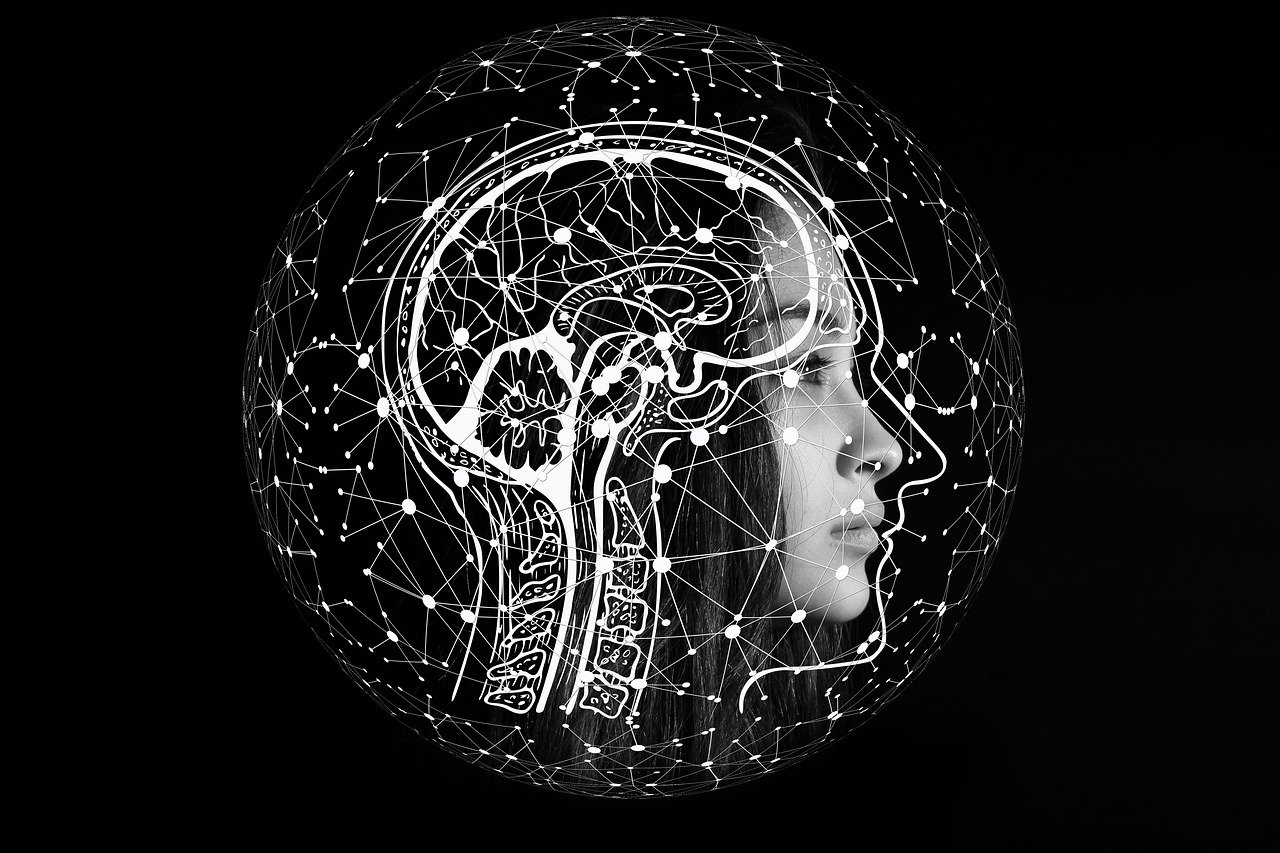Ethical Considerations in AI: Navigating the Moral Landscape
Written by harrison

Understanding the Ethical Imperative in AI
The Power and Responsibility of AI
AI has the potential to revolutionize industries, automate tasks, and enhance decision-making. Yet, this power comes with a profound responsibility to ensure that AI systems are designed, implemented, and utilized ethically. Gain insights into the ethical imperative that underlies the development and deployment of AI technologies.
The Intersection of Bias and Fairness
Explore the intersection of bias and fairness in AI systems. From biased algorithms to the perpetuation of societal inequalities, understand how ethical considerations play a crucial role in mitigating biases and promoting fairness in AI applications.
Key Ethical Considerations in AI Development
Transparency in Algorithmic Decision-Making
Delve into the importance of transparency in algorithmic decision-making. Ethical AI development requires clear communication about how algorithms operate, make decisions, and impact users. Transparency fosters trust and accountability in the AI ecosystem.
Accountability for AI Systems
As AI systems become more autonomous, defining and assigning accountability becomes challenging. Examine ethical considerations related to holding individuals, organizations, and AI systems accountable for their actions and decisions.
Privacy in the Age of AI Surveillance
Navigate the ethical landscape of privacy concerns in the age of AI surveillance. From facial recognition technologies to data collection practices, explore how ethical considerations can protect individuals' privacy rights in the era of pervasive AI monitoring.
Societal Impacts and Ethical AI Use Cases
AI in Healthcare: Balancing Innovation and Privacy
Explore the ethical considerations in deploying AI technologies in healthcare. From diagnostic tools to personalized treatment plans, weigh the balance between innovation and the protection of sensitive health information.
Ethical AI in Criminal Justice
Delve into the ethical considerations surrounding AI applications in the criminal justice system. Examine issues related to bias, transparency, and accountability in predictive policing, sentencing algorithms, and law enforcement technologies.
The Role of Ethical Guidelines and Standards
Understand the importance of establishing ethical guidelines and standards for AI development. Explore how industry stakeholders, policymakers, and organizations can collaborate to create a framework that guides responsible AI practices.
International Perspectives on AI Ethics
As AI transcends borders, the global community must collaborate on ethical standards. Examine international perspectives on AI ethics, exploring how different countries approach and contribute to the establishment of ethical norms in AI.
Addressing Dual-Use Dilemmas
AI research often yields applications with dual-use potential – both beneficial and harmful. Navigate the ethical dilemmas associated with dual-use technologies, exploring how researchers can proactively address potential risks.
Ethical AI Education and Awareness
Promote ethical AI literacy by examining the importance of education and awareness. From fostering a culture of responsible AI use to equipping the workforce with ethical AI skills, explore strategies for building a society that understands and values ethical considerations in AI.
Challenges and Opportunities in Ethical AI
Overcoming Bias and Discrimination
Bias and discrimination are significant challenges in AI development. Explore strategies for identifying, mitigating, and preventing biases in algorithms, ensuring that AI systems promote equity and inclusivity.
Harnessing AI for Social Good
Amidst ethical challenges, AI presents opportunities for social good. Explore how AI technologies can be harnessed for humanitarian efforts, environmental sustainability, and addressing societal challenges, aligning AI innovation with positive impacts.
The Evolving Ethical Landscape
As AI technologies continue to advance, the ethical landscape evolves. Stay ahead of emerging ethical considerations in AI, from cutting-edge technologies to unforeseen challenges, and explore how the industry can adapt and respond responsibly.
The Power and Responsibility of AI
AI has the potential to revolutionize industries, automate tasks, and enhance decision-making. Yet, this power comes with a profound responsibility to ensure that AI systems are designed, implemented, and utilized ethically. Gain insights into the ethical imperative that underlies the development and deployment of AI technologies.
Transparency in Algorithmic Decision-Making
Delve into the importance of transparency in algorithmic decision-making. Ethical AI development requires clear communication about how algorithms operate, make decisions, and impact users. Transparency fosters trust and accountability in the AI ecosystem.
Accountability for AI Systems
As AI systems become more autonomous, defining and assigning accountability becomes challenging. Examine ethical considerations related to holding individuals, organizations, and AI systems accountable for their actions and decisions.
Privacy in the Age of AI Surveillance
Navigate the ethical landscape of privacy concerns in the age of AI surveillance. From facial recognition technologies to data collection practices, explore how ethical considerations can protect individuals' privacy rights in the era of pervasive AI monitoring.
Societal Impacts and Ethical AI Use Cases
AI in Healthcare: Balancing Innovation and Privacy
Explore the ethical considerations in deploying AI technologies in healthcare. From diagnostic tools to personalized treatment plans, weigh the balance between innovation and the protection of sensitive health information.
Ethical AI in Criminal Justice
Delve into the ethical considerations surrounding AI applications in the criminal justice system. Examine issues related to bias, transparency, and accountability in predictive policing, sentencing algorithms, and law enforcement technologies.
Navigating the Ethical Minefield: AI Governance and Regulation
The Role of Ethical Guidelines and Standards
Understand the importance of establishing ethical guidelines and standards for AI development. Explore how industry stakeholders, policymakers, and organizations can collaborate to create a framework that guides responsible AI practices.
International Perspectives on AI Ethics
As AI transcends borders, the global community must collaborate on ethical standards. Examine international perspectives on AI ethics, exploring how different countries approach and contribute to the establishment of ethical norms in AI.
Addressing Dual-Use Dilemmas
AI research often yields applications with dual-use potential – both beneficial and harmful. Navigate the ethical dilemmas associated with dual-use technologies, exploring how researchers can proactively address potential risks.
Ethical AI Education and Awareness
Promote ethical AI literacy by examining the importance of education and awareness. From fostering a culture of responsible AI use to equipping the workforce with ethical AI skills, explore strategies for building a society that understands and values ethical considerations in AI.
Challenges and Opportunities in Ethical AI
Overcoming Bias and Discrimination
Bias and discrimination are significant challenges in AI development. Explore strategies for identifying, mitigating, and preventing biases in algorithms, ensuring that AI systems promote equity and inclusivity.
Harnessing AI for Social Good
Amidst ethical challenges, AI presents opportunities for social good. Explore how AI technologies can be harnessed for humanitarian efforts, environmental sustainability, and addressing societal challenges, aligning AI innovation with positive impacts.
The Future of Ethical AI: Collective Responsibility
The Evolving Ethical Landscape
As AI technologies continue to advance, the ethical landscape evolves. Stay ahead of emerging ethical considerations in AI, from cutting-edge technologies to unforeseen challenges, and explore how the industry can adapt and respond responsibly.
Collective Responsibility in AI Development
In conclusion, navigating the moral landscape of AI requires a collective responsibility. From developers and researchers to policymakers and users, everyone plays a role in shaping an ethical AI future. Share your insights, concerns, and suggestions in the comments below. Connect with us on social media for ongoing discussions on ethical considerations in AI.








